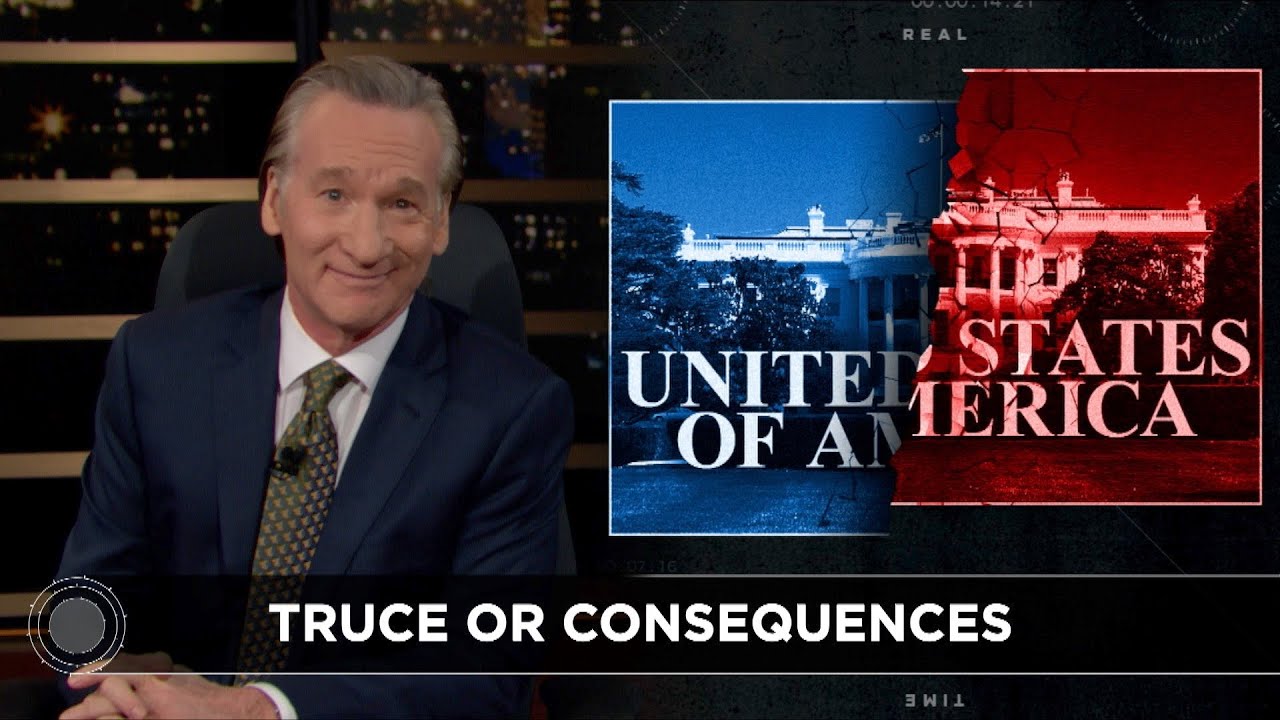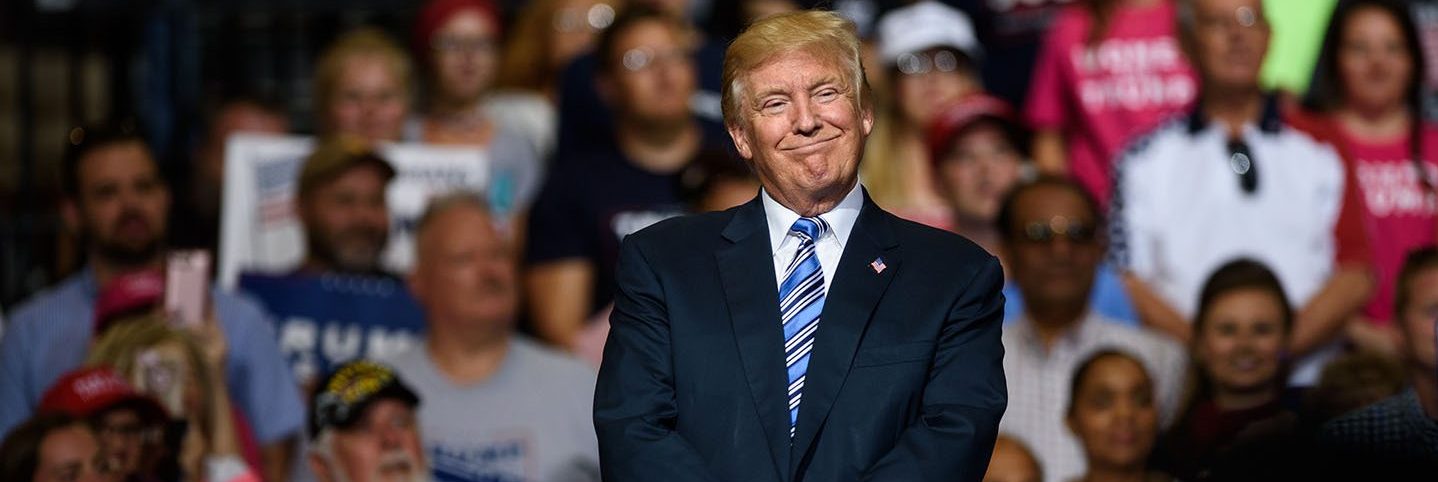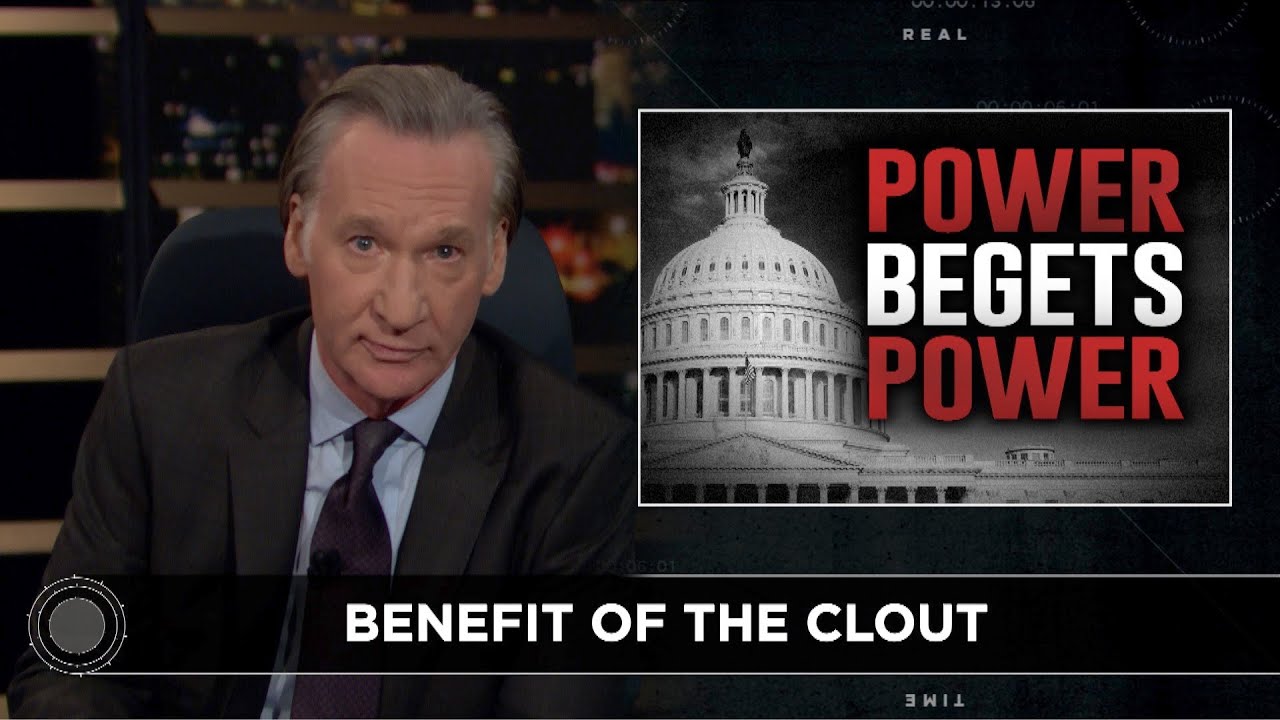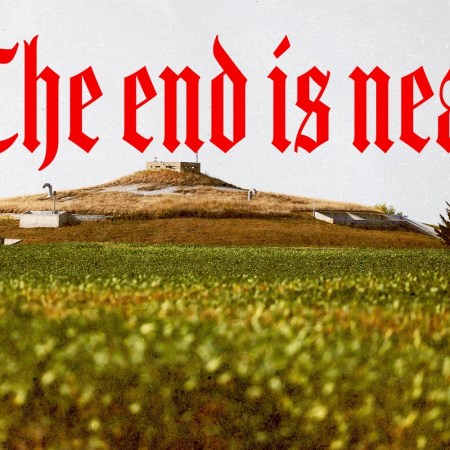2020’s last new episode of Real Time With Bill Maher began the same way the last few have: Bill Maher took to the stage to enthusiastic applause and recounted the political situation in the country since Election Day. And while there were some cursory jabs early on at Donald Trump’s attempts to stay in power despite the election results — more came later in the episode — Maher reserved plenty of scorn for the Democratic politicians who advocated wearing masks but have been seen ignoring their own guidelines, including California governor Gavin Newsom, recently in the news for having dined sans mask in a restaurant.
“At the table, there were lobbyists from the California Medical Association!” Maher said. “That’s like getting sh*tfaced with Mothers Against Drunk Driving.”
Also targeted in the opening monologue? Rudy Giuliani, who Maher observed “is having quite a third act.” His explanation of Giuliani’s conspiracy theories regarding voting involved a deadpan recitation of the theories in question, as well as Maher uttering the phrase “zombie Hugo Chavez.” Sometimes, all it takes is the right delivery of something bizarre for it to land; this was definitely the case on Friday’s show.
Maher’s first guest was writer Michael Eric Dyson, professor and author of the forthcoming book Long Time Coming: Reckoning with Race in America. Maher asked Dyson if he thought that 2020 would ultimately go down in history as the year things changed dramatically when it came to race in America. “Whenever people wake up, they wake up,” Dyson said. “Whenever they become aware, they become aware.” He pointed out that some people became aware of racial injustice earlier than others, but that conditions particular to 2020 — including people spending more time online due to the pandemic — had likely made that awareness more widespread this year.
Dyson and Maher also spoke at length about police abusing their power when interacting with Black people, often resulting in tragedy. Dyson addressed the ongoing debate over wording, arguing that whether or not someone was using “police abolition” or “police reform” was less important than what their concrete goals were. All told, Dyson responded to Maher’s questions with a blend of comprehensive knowledge and rhetorical flourish.
The episode’s panel consisted of historian (and occasional Joe Biden advisor) John Meacham, author of His Truth Is Marching on: John Lewis and the Power of Hope and Alex Wagner, author of Futureface: A Family Mystery, an Epic Quest, and the Secret to Belonging. Maher returned to what is, by his own admission, his preferred topic as of late: Donald Trump’s refusal to concede the election. Maher asked Meacham and Wagner where they thought the country would be on January 15, the next date a new episode of Real Time is set to air.
“You’re not going to have a concession,” Wagner said. And Meacham balanced a sense of the absurd with a somber tone. “It’s sort of like if the Marx Brothers did a coup,” he said — but noted that that shouldn’t distract from the very real flaws and dangers the present moment has cast into sharp relief.
Of particular concern for all three participants was the potential that a significant chunk of the country might not accept a new president as legitimate. Meacham brought up Richard Hofstadter’s The Paranoid Style in American Politics and the John Birch Society, while both Wagner and Maher expressed concern about the internet’s tendency to magnify toxic thoughts and beliefs. Maher quipped that at least the John Birch Society had to come to your house to give you a pamphlet.
Because of its place as the last new episode of the year, Maher frequently took a retrospective position during the episode — which usually took the form of trying to situate 2020’s events within a historical context. Maher also aired a video he’d made for his own future self, focusing on the logistics of producing the show during the pandemic — and which shifted at the end to a heartfelt thanks to the show’s crew.
The second half of the panel included a detailed look at the election in Georgia and a discussion of the current state of the Republican Party — especially as it relates to the effects of the pandemic. “A huge question is whether Trump is the last gasp of the patriarchy, or if there’s more to come,” Meacham said. Wagner was quick with her response: “There’s more to come.”
New Rules included a few short quips about subjects ranging from a restaurant for chipmunks to a woman who’d given birth to her own granddaughter. Maher closed out the episode with a long anecdote about Wlliam Miller, the preacher whose teachings led to (among others) the Seventh-day Adventists. Miller predicted that the end of the world would take place in 1844; it did not.
Maher compared Miller’s followers who stuck with him through the erroneous prophecy to Trump voters who believe in a conspiracy around this election; from there, he segued to a discussion of onetime Dynasty star Catherine Oxenberg — recently in the news for her work getting her daughter out of the Nxivm cult.
“[Catherine Oxenberg] didn’t scream at her daughter and tell her she was stupid. She didn’t cut her off,” Maher said. “She just kept trying to remind her of who she used to be. I think we need to try that on QAnon.” It was an optimistic note on which to end the season; then again, the end of a year is generally a good time to be optimistic about what’s to come.
Thanks for reading InsideHook. Sign up for our daily newsletter and be in the know.

















